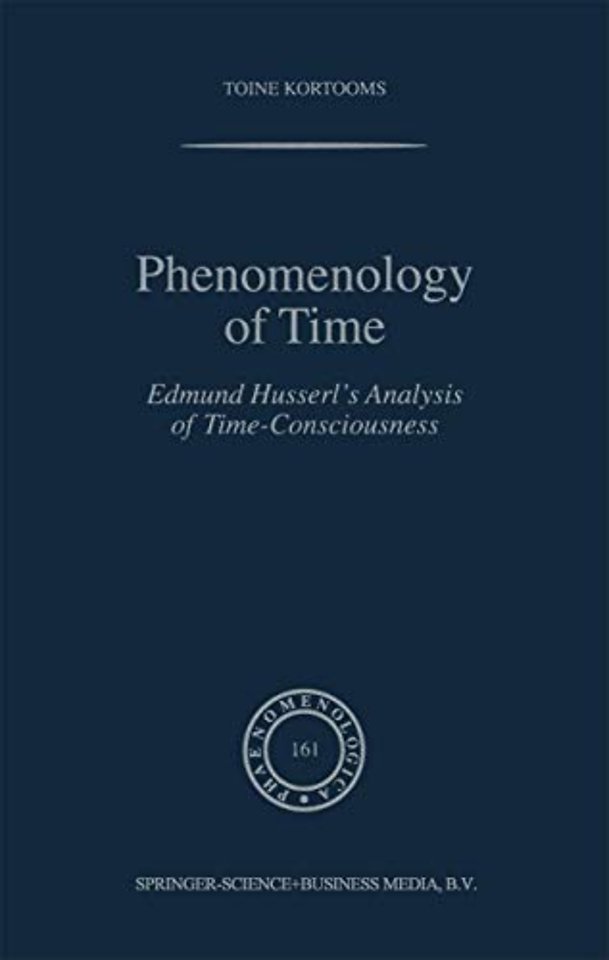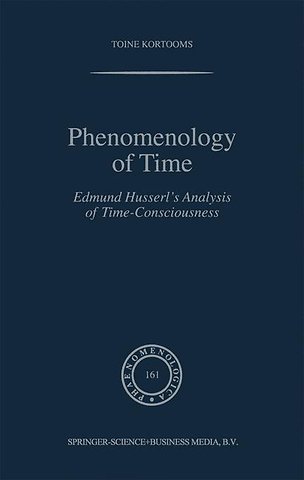Phenomenology of Time
Edmund Husserl’s Analysis of Time-Consciousness
Samenvatting
Edmund Husserl occupied himself with the analysis of time-consciousness throughout his life. In this book, the three stages that may be distinguished in Husserl's occupation with this theme are discussed in their interrelationship. The first stage consists of a lecture manuscript from 1905; the second stage consists of the so-called Bernau manuscripts, research manuscripts that were written in 1917 and 1918; and the final stage consists of the so-called C-manuscripts, research manuscripts that were written in the late 1920s and the early 1930s.
Central themes in the discussion of Husserl's phenomenology of time in this book are: the connection between the analysis of time-consciousness and the analysis of phantasy-consciousness and image-consciousness; Husserl's position in the debate between A. Meinong and W. Stern concerning the possibility of the perception of time; the self-constitution of absolute time-consciousness; the influence of Husserl's development of genetic phenomenology on his analysis of time-consciousness; and the question of the intentional character of time-consciousness.
Specificaties
Inhoudsopgave
Net verschenen
Rubrieken
- aanbestedingsrecht
- aansprakelijkheids- en verzekeringsrecht
- accountancy
- algemeen juridisch
- arbeidsrecht
- bank- en effectenrecht
- bestuursrecht
- bouwrecht
- burgerlijk recht en procesrecht
- europees-internationaal recht
- fiscaal recht
- gezondheidsrecht
- insolventierecht
- intellectuele eigendom en ict-recht
- management
- mens en maatschappij
- milieu- en omgevingsrecht
- notarieel recht
- ondernemingsrecht
- pensioenrecht
- personen- en familierecht
- sociale zekerheidsrecht
- staatsrecht
- strafrecht en criminologie
- vastgoed- en huurrecht
- vreemdelingenrecht

